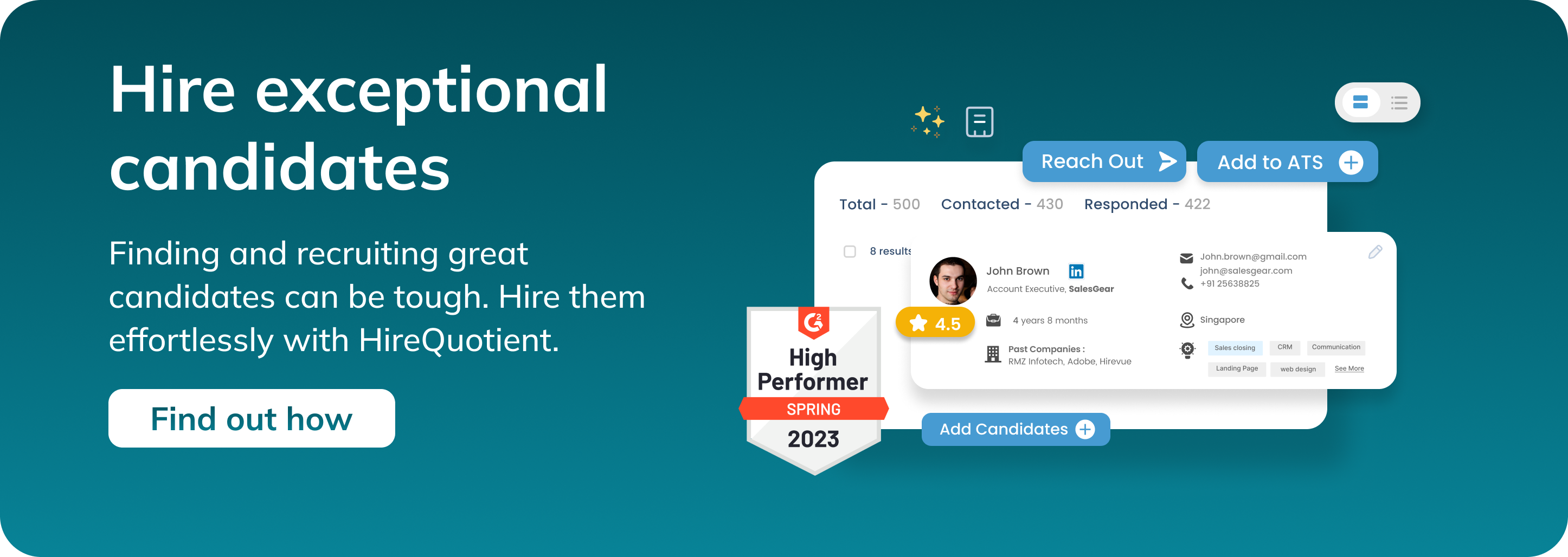How Many Hours can a Salaried Exempt Employee be Forced to Work?
Published on April 30th, 2023
As a hiring manager or recruiter, it’s essential to understand the rules and regulations when it comes to hiring salaried exempt employees. One of the primary concerns you may have is how many hours an exempt employee can be forced to work. While there is no single answer, it’s important to look at the [Fair Labor Standards Act (FLSA) guidelines and consider the employee’s specific job duties and responsibilities. In this article, we will explore the maximum hours required for a salaried exempt employee and what you need to know to ensure compliance.
The FLSA sets guidelines for the hours worked by non-exempt and exempt employees. However, there is no specific number of hours that a salaried exempt employee can be required to work, as it depends on the nature of the job. In general, the FLSA does not require employers to limit the amount of work hours for exempt employees. However, this doesn't mean that employers can force them to work unlimited hours. An exempt employee can typically work more than 40 hours per week, but it's still essential to ensure a healthy work-life balance and prevent employee burnout.

Employers can benefit from having a clear written company policy on employee work hours. For instance, a company policy might state that the standard workweek is 40 hours, or there may be contractual obligations for overtime work. As a hiring manager or recruiter, it's important to understand the requirements of the job and ensure expectations are aligned with the employee's duties and responsibilities.
Factors that determine how many hours an employee can work include whether the employee is performing administrative, executive, or professional duties. Employees who work in certain industries, such as healthcare, may have different regulations to follow, such as limits on the amount of hours per shift. It is crucial to know the specifics of each employee's job description to understand how many hours they can reasonably be expected to work.
It's important to note that requiring an employee to work too many hours could negatively impact their performance and health. Overworking can lead to increased stress, poor job performance, absenteeism, or turnover. Salaried employees are not eligible for hourly wages, and they don't earn overtime pay. Therefore, it's critical to ensure fair compensation for the work that salaried employees perform.
Companies should train managers and supervisors on how to create a work environment that promotes collaboration, communication, and productivity while maintaining a healthy work-life balance for all employees. Managers must be careful not to inadvertently create an environment that forces employees to overwork. It's essential to have regular check-ins with employees to ensure they're not experiencing burnout and receive support for work-life balance.
How to use EasySource to discover the best candidates?
EasySource revolutionizes the process of talent sourcing for recruiters by offering a fully automated tool that swiftly creates a robust talent pipeline for exempt employees. By leveraging advanced AI-based filters like location, skills, education, experience, and US work authorization, EasySource simplifies the task of finding relevant candidates with just a few clicks.
Moreover, EasySource incorporates the power of ChatGPT and Generative AI, empowering recruiters to send highly personalized messages to candidates across multiple platforms, all while benefiting from automation. This integration takes the recruiter's LinkedIn search to new heights, allowing them to effortlessly identify and engage with potential exempt candidates. Gone are the days of sifting through countless resumes to uncover exceptional talent—EasySource streamlines the entire process.
As a hiring manager or recruiter, it's crucial to understand the Fair Labor Standards Act's implications and how they affect salaried exempt employees' maximum hours worked. Although there is no specific limit on how many hours salaried exempt employees may work, it's important to consider their job duties and responsibilities and ensure they have a healthy work-life balance. Clear policies should be in place outlining the standard workweek and compensations for overtime and to avoid burnout or poor job performance, which benefits both the employee and the company. By creating a fair and balanced work environment through regular check-ins with employees and training supervisors, all parties can benefit, ensuring a prosperous and successful company.
Also Read
- What does Found you through Linkedn search mean?
- HR thought Leadership
- JD Generator
- What is work-life balance?
Authors

Radhika Sarraf
Radhika Sarraf is a content specialist and a woman of many passions who currently works at HireQuotient, a leading recruitment SaaS company. She is a versatile writer with experience in creating compelling articles, blogs, social media posts, and marketing collaterals.
Hire the best without stress
Ask us how
Never Miss The Updates
We cover all recruitment, talent analytics, L&D, DEI, pre-employment, candidate screening, and hiring tools. Join our force & subscribe now!
Stay On Top Of Everything In HR


